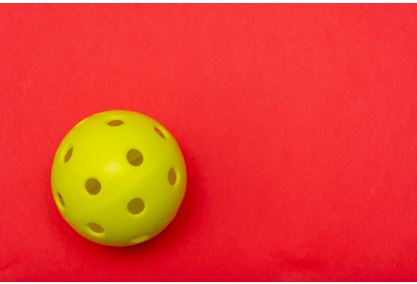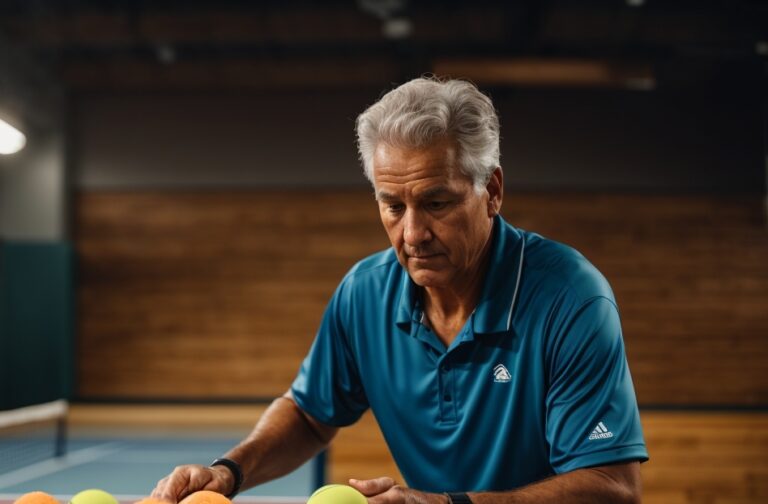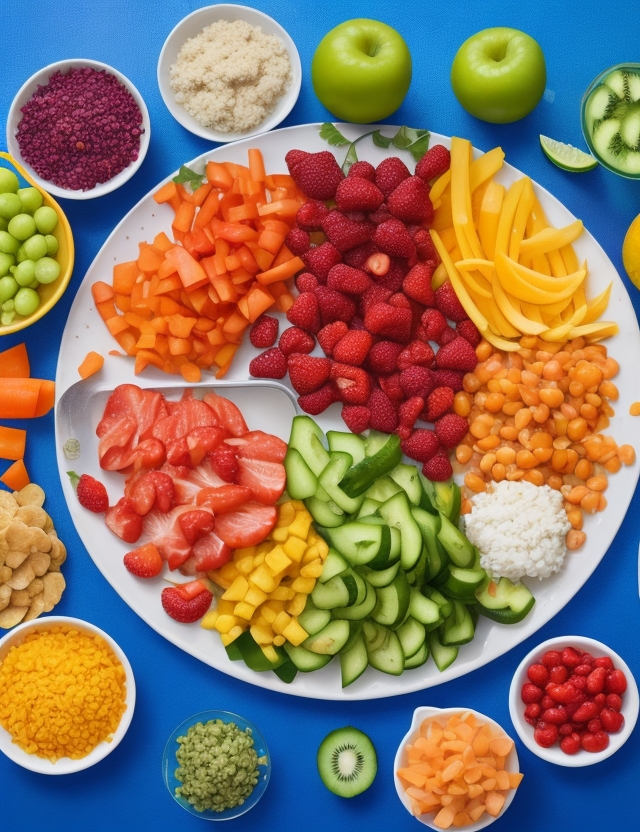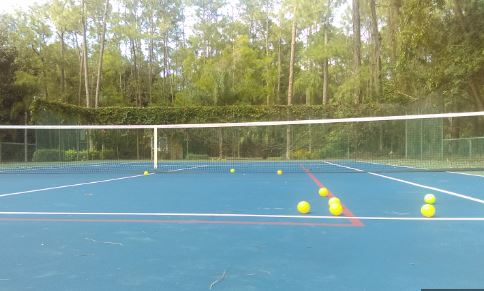Is Pickleball Easy to Learn? Mastering the Basics of this Popular Sport
Pickleball has gained immense popularity in recent years as a fun and engaging racket sport suitable for people of all ages. It combines elements of tennis, badminton, and table tennis, making it a unique and exciting game to play. For those curious about this sport, a common question arises: "Is Pickleball easy to learn?" In this article, we will explore the basics of Pickleball, its learning curve, and why it has become a favorite pastime for many.
What is Pickleball?
Pickleball is a paddle sport that originated in the United States in the mid-1960s. It is played on a court similar to a badminton court, with a net dividing it into two halves. The game is usually played in pairs, although singles play is also common. Players use solid paddles to hit a perforated polymer ball over the net, aiming to score points by making the ball land within the opponent's court boundaries.
The Basics of Pickleball
Court and Equipment
Pickleball is typically played on a 20x44 feet court, which is smaller than a standard tennis court. The net is set at a height of 36 inches at the ends and 34 inches at the center. Players use lightweight paddles made of materials like wood, graphite, or composite, along with a plastic ball with distinct holes.
Scoring
Pickleball follows a simple scoring system, where players can only score points when serving. The serving team must win a rally to earn the right to serve and score. Games are usually played to 11 points, and players must win by a margin of two points.
Is Pickleball Easy to Learn?
Low Barrier to Entry
One of the reasons Pickleball has gained widespread popularity is its low barrier to entry. The game's rules are relatively easy to understand, making it accessible for beginners. Unlike some other sports, Pickleball allows newcomers to enjoy the game quickly without feeling overwhelmed.
Similarities to Other Sports
For individuals with previous experience in sports like tennis, badminton, or table tennis, learning Pickleball becomes even easier. The similarities in court dimensions and gameplay mechanics make the transition smoother, as players can draw from their existing skills.
Pickleball Community and Support
The Pickleball community is known for its friendliness and support towards newcomers. Most clubs and recreational centers offer beginner-friendly sessions, where players can learn the game in a welcoming environment. The camaraderie among players fosters a positive learning atmosphere.
Tips for Learning Pickleball
Take Lessons or Watch Tutorials
To accelerate the learning process, beginners can take lessons from experienced players or watch online tutorials. Professional guidance can help in understanding the nuances of the game and improve technique.
Practice Regularly
Like any sport, practice is crucial in becoming proficient at Pickleball. Regular practice sessions help in developing muscle memory and refining skills, ultimately leading to improved gameplay.
Play with Different Skill Levels
Playing with individuals of varying skill levels can be highly beneficial. Challenging more experienced players allows beginners to learn new tactics, while playing with fellow novices helps in building confidence.
Overcoming Challenges in Pickleball
Understanding the Rules and Strategies
While Pickleball is relatively easy to grasp, understanding advanced strategies and rules can be challenging. Learning how to position oneself on the court, master different shots, and anticipate opponents' moves takes time and practice.
Improving Hand-Eye Coordination
Pickleball requires precise hand-eye coordination to hit the ball accurately and with power. Regular drills and exercises can help improve coordination, leading to better gameplay.
Building Stamina and Endurance
As with any physical activity, Pickleball demands stamina and endurance. Engaging in cardiovascular exercises and conditioning routines can enhance physical fitness and overall performance.
Benefits of Learning Pickleball
Physical Health Benefits
Pickleball offers numerous physical health benefits, such as improved cardiovascular fitness, increased agility, and enhanced muscle strength. Regular play can contribute to weight loss and a healthier lifestyle.
Mental Health Benefits
Engaging in Pickleball can positively impact mental health by reducing stress and anxiety levels. The social aspect of the game also fosters a sense of belonging and community, promoting overall well-being.
Social Benefits
Pickleball is a social sport that encourages interaction and camaraderie among players. Joining Pickleball groups and clubs provides an opportunity to make new friends and build lasting relationships.
Conclusion
In conclusion, Pickleball is indeed easy to learn, making it an ideal sport for individuals of all ages and skill levels. Its simplicity, combined with the support of the Pickleball community, ensures that beginners can quickly pick up the game and enjoy it. As players progress, they can continue to challenge themselves, unlocking the full potential of this exciting and dynamic sport.







